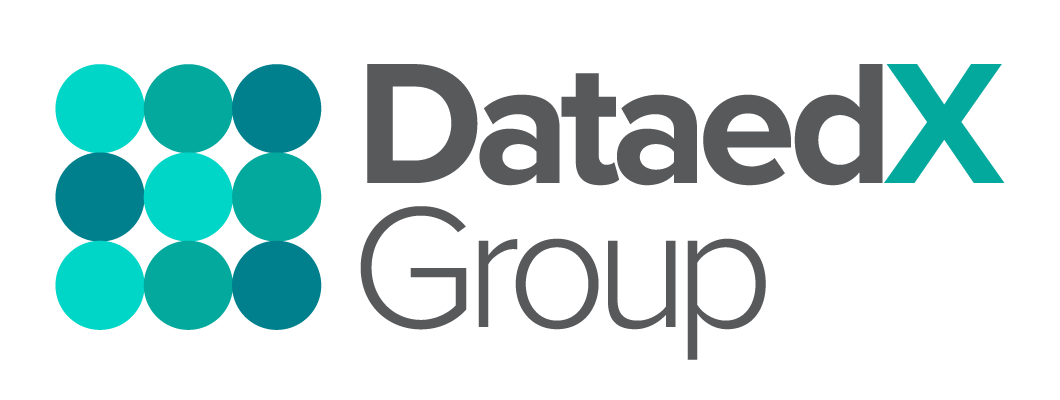Coaching Case Study
Most data leaders and practitioners, like you, don’t really need another mentor, you need a coach. Now don’t get us, mentors are great. They have their purpose and you should be actively building up your mentor roster. Each mentor type can help you get to your next career or personal level.

A mentor you’ve never met or spoken to IRL. You admire them from afar.
A mentor who’s also your co-worker. A person with more years of experience in your specialized data field and most likely has more seniority than you. They’ll help you avoid missteps in the workplace because they know how to effectively navigate office politics.

A mentor, unfamiliar with your workplace dynamics, focuses on your well-being and long-term career goals.
A mentor who provides unwavering support, encourages action, and amplifies your career, connecting you with valuable opportunities.
But what alters you and propels your growth: A COACH.
Of course, the first question is: what’s the difference between a mentor and a coach? Mentors are volunteers — they’re unpaid and best engaged within a career season. Mentors help you while you’re an entry-level data analyst or a Vice President, for example. A coach is a vendor — they’re paid and help you transition between and through your seasons. A coach supports your data leadership development as a Vice President, for instance. Coaches help you break old habits, create new routines and expand what you believe is possible. Coaches help you determine which part of your responsibilities can be delegated, better your managerial skills or expand your revenue streams as an entrepreneur.
Case Study Details
Needs
- Identify resources to introduce, enhance or cultivate a timely data team development plan and execution.
- Determine valued data skills and managerial activities for a sustainable data team.
- Identify a data team-building strategy including short term goals and a multi-year team development plan.
- Examine entrepreneurial acumen and support the client’s interest in creating a data consultancy.
Delivery
- Determine client’s commitment to the consulting process: to solicit feedback, assess feedback, work to develop client’s team acumen and agency, and measure the effectiveness of the data strategy effort.
- Partner with the client in understanding and responding to needs in the context of the client’s current data position.
- Support the client in engaging more productively in managerial and leadership activities.
- Conduct regularly scheduled sessions via videoconferencing and provide real-time guidance via other forms of communication, as needed.
- Perform follow-up assessments to measure the client’s improvement and respond to needs.

Outcomes
- Navigate professional abuse issues with less stress and growing confidence of their data skills.
- Assist the client in negotiating a multi-year five-figure independent consultant contract.
- Support client’s transition to a new position at a different company.

